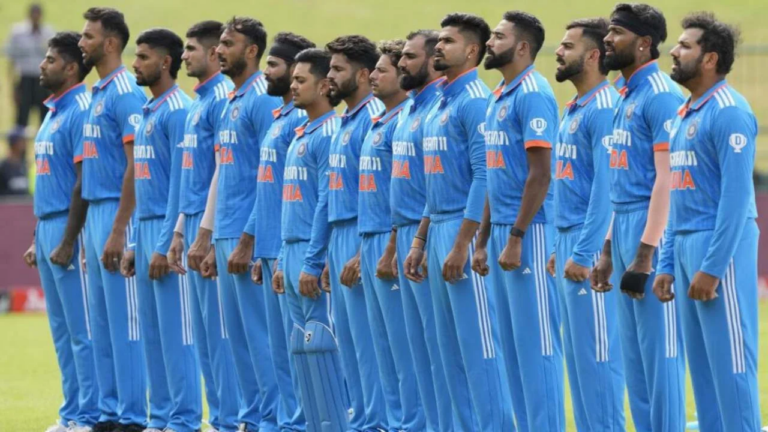Navigating IPL’s Regulatory Framework: Challenges and Opportunities
Reddy Anna Book, Reddy Book Club: The Indian Premier League (IPL) operates under a robust regulatory framework that governs various aspects of the league’s functioning. This framework encompasses rules and regulations that aim to ensure fair play, integrity, and accountability across all IPL activities, from player transfers to match-fixing prevention. The regulatory framework is designed to uphold the reputation of the IPL as one of the most prestigious and lucrative cricket leagues in the world.
At the core of the IPL’s regulatory framework are guidelines established to maintain transparency and ethical standards within the league. These guidelines cover areas such as team ownership, player conduct, anti-doping measures, and franchise operations. By adhering to these regulations, the IPL aims to foster a competitive and professional environment that promotes the growth and success of the league while safeguarding its integrity and credibility.
Key Regulatory Bodies in the IPL
The two primary regulatory bodies overseeing the Indian Premier League (IPL) are the Board of Control for Cricket in India (BCCI) and the IPL Governing Council. The BCCI holds the ultimate authority in regulating and governing all cricket-related activities in India, including the IPL. They set the guidelines and policies for the league and ensure that all franchises comply with the rules and regulations.
On the other hand, the IPL Governing Council, comprised of key stakeholders in the IPL, is responsible for the day-to-day management and operations of the league. They play a crucial role in making key decisions related to player auctions, scheduling of matches, and disciplinary actions. Working closely with the BCCI, the IPL Governing Council ensures the smooth functioning of the league and upholds the integrity of the game.
What is the role of the key regulatory bodies in the IPL?
The key regulatory bodies in the IPL play a crucial role in ensuring the smooth functioning of the league and maintaining the integrity of the game.
Who are the key regulatory bodies in the IPL?
The key regulatory bodies in the IPL include the Board of Control for Cricket in India (BCCI), the IPL Governing Council, and the Anti-Corruption Unit (ACU).
What is the BCCI’s role in the IPL?
The BCCI is the governing body for cricket in India and oversees the IPL. It sets the rules and regulations for the league and ensures that they are followed.
What is the IPL Governing Council responsible for?
The IPL Governing Council is responsible for the overall management and administration of the league. It makes key decisions related to the IPL, including player auctions, schedule, and rule changes.
What is the role of the Anti-Corruption Unit (ACU) in the IPL?
The ACU is responsible for preventing corruption, match-fixing, and other unethical practices in the IPL. It educates players and officials on anti-corruption measures and investigates any suspicious activities.







